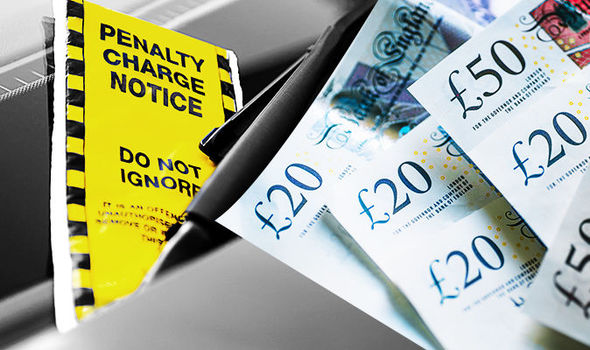NYC Parking Ticket Collections
The Department of Finance collects unpaid taxes and violations owed to New York City through letters, phone calls, court cases, and other enforcement activities.

Introduction
If you have received a parking ticket in New York City and have not paid it within the specified timeframe, it may be sent to collections. In this article, we will provide a comprehensive guide on what you need to know about NYC parking ticket collections.
What Happens When a Parking Ticket Goes to Collections?
When a parking ticket goes to collections, the NYC Department of Finance will send you a notice informing you that your ticket has been sent to a collection agency. The collection agency will then attempt to collect the debt from you.
What Are the Consequences of Not Paying a Parking Ticket?
If you do not pay your parking ticket, it may be sent to collections, which can result in additional fees and penalties. In addition, your vehicle registration may be suspended, and your credit score may be negatively impacted.
How Can You Avoid Parking Ticket Collections?
To avoid parking ticket collections, it is important to pay a parking ticket in NYC within 30 days of the ticket date. You can pay your parking ticket online, by mail, or in person. If you are unable to pay your parking ticket in full, you may be eligible for a payment plan.
What Should You Do If Your Parking Ticket Goes to Collections?
If your parking ticket goes to collections, you should contact the collection agency to arrange payment. It is important to note that collection agencies are required to follow certain rules and regulations when attempting to collect a debt.
Conclusion
Paying your New York City parking ticket on time is crucial to avoid additional fees, penalties, and collections. By following the guidelines outlined in this article, you can avoid parking ticket collections and maintain a good credit score. If you have any questions or concerns about parking ticket collections, contact the NYC Department of Finance for assistance.

